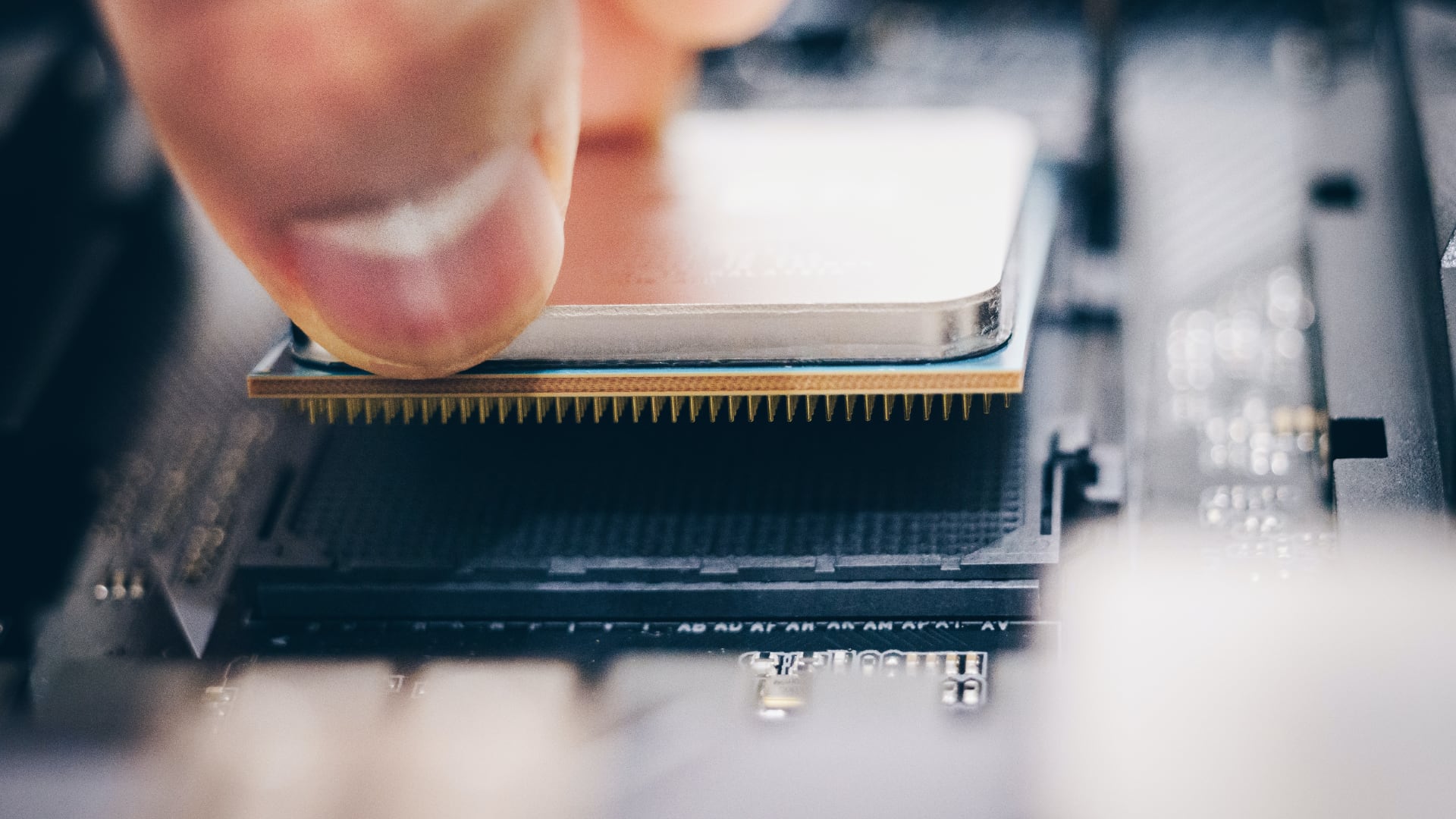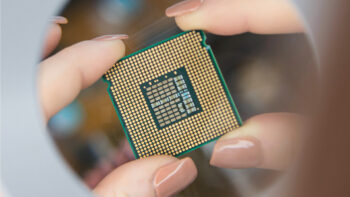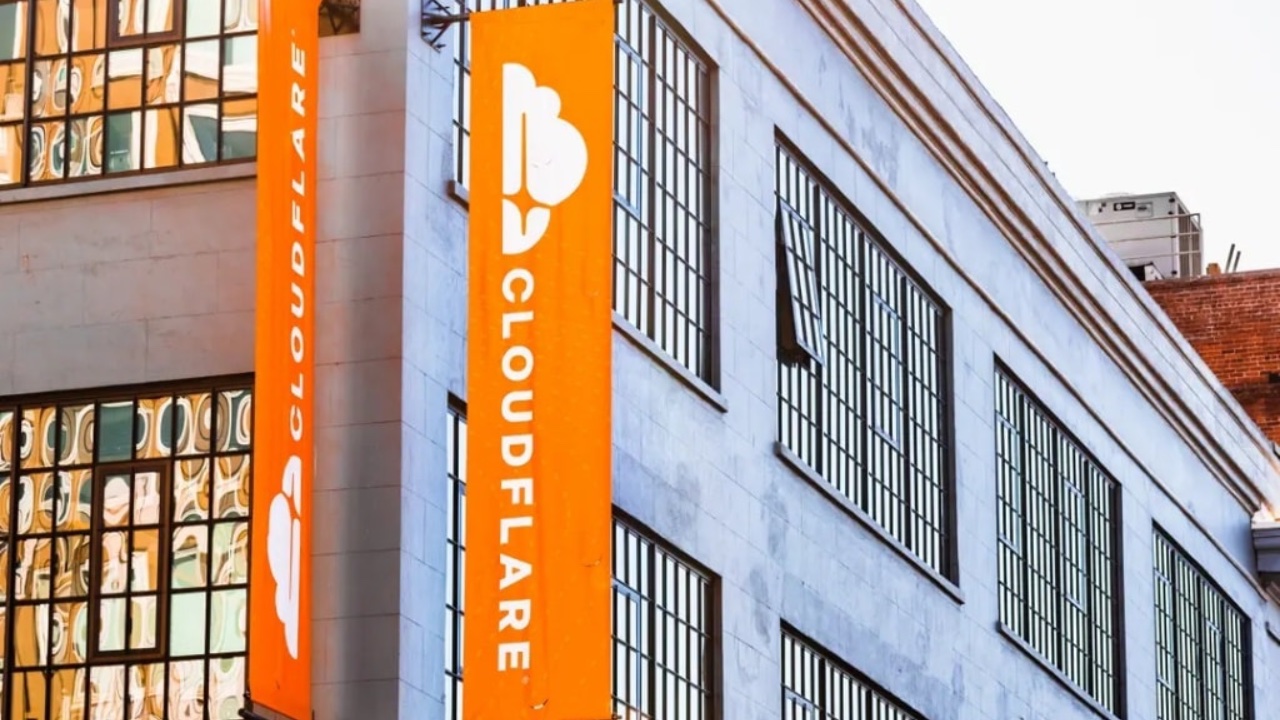The race to build a functional quantum computer has entered a new stage. IBM has announced a major breakthrough in error correction that solves one of the fundamental problems of the technology. Crucially, the solution is based on widely available components, which could dramatically accelerate commercialisation.
The problem with quantum computing is well known: qubits, the basis of its computing power, are extremely prone to errors that quickly build up and prevent useful results. IBM signalled back in June that it had developed an algorithm capable of solving this problem on the fly.
The latest reports, to be published on Monday, confirm that this is no longer just a theory. IBM has demonstrated that its error correction algorithm works in real time. The real breakthrough, however, is the hardware platform. Instead of relying on exotic, custom-designed processors, IBM has run its algorithm on standard field-programmable gate array (FPGA) chips manufactured by AMD.
Jay Gambetta, director of research at IBM, highlighted that the implementation not only works, but is also 10 times faster than current requirements. Using off-the-shelf AMD chips means the solution is not ‘ridiculously expensive’, removing a significant financial barrier to scaling the technology.
This move strengthens IBM’s position in competition with technology giants such as Google (Alphabet) and Microsoft, who are also investing heavily in quantum research. For IBM, it also means a significant acceleration of its own schedule. Algorithm work, crucial to the ‘Starling’ quantum computer planned for 2029, was completed a year ahead of schedule.
The financial market reacted with immediate optimism. Friday’s trading of IBM shares closed up 7.88%, while AMD shares gained 7.63%. This is a clear signal that investors see this alliance of quantum and classical technology as a viable step towards practical applications of next-generation supercomputing.












